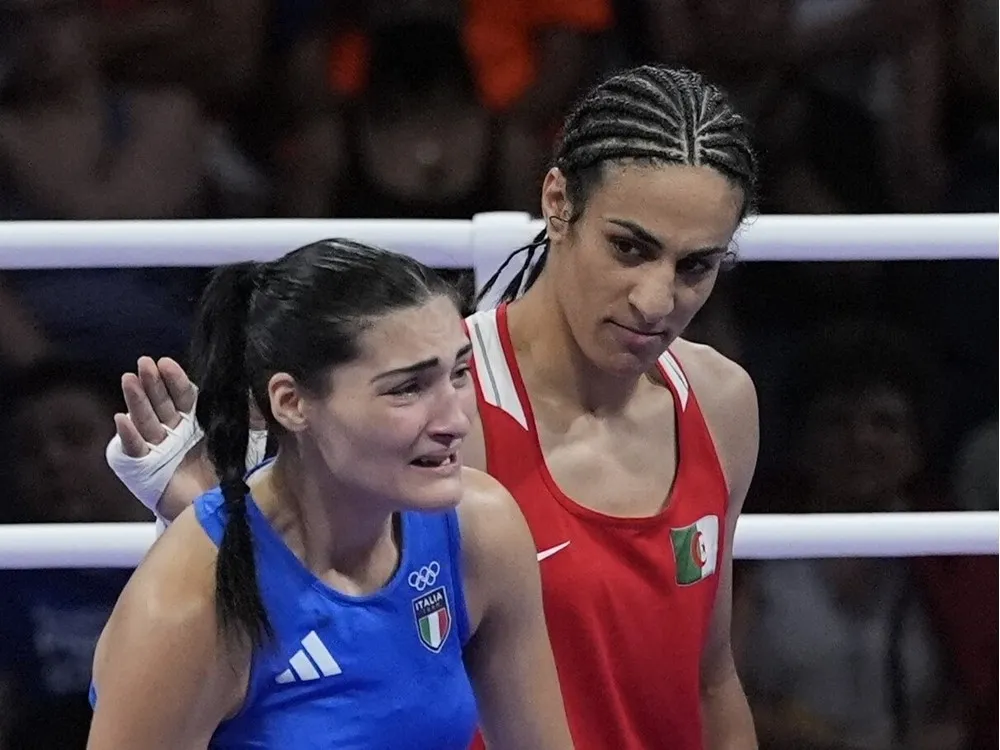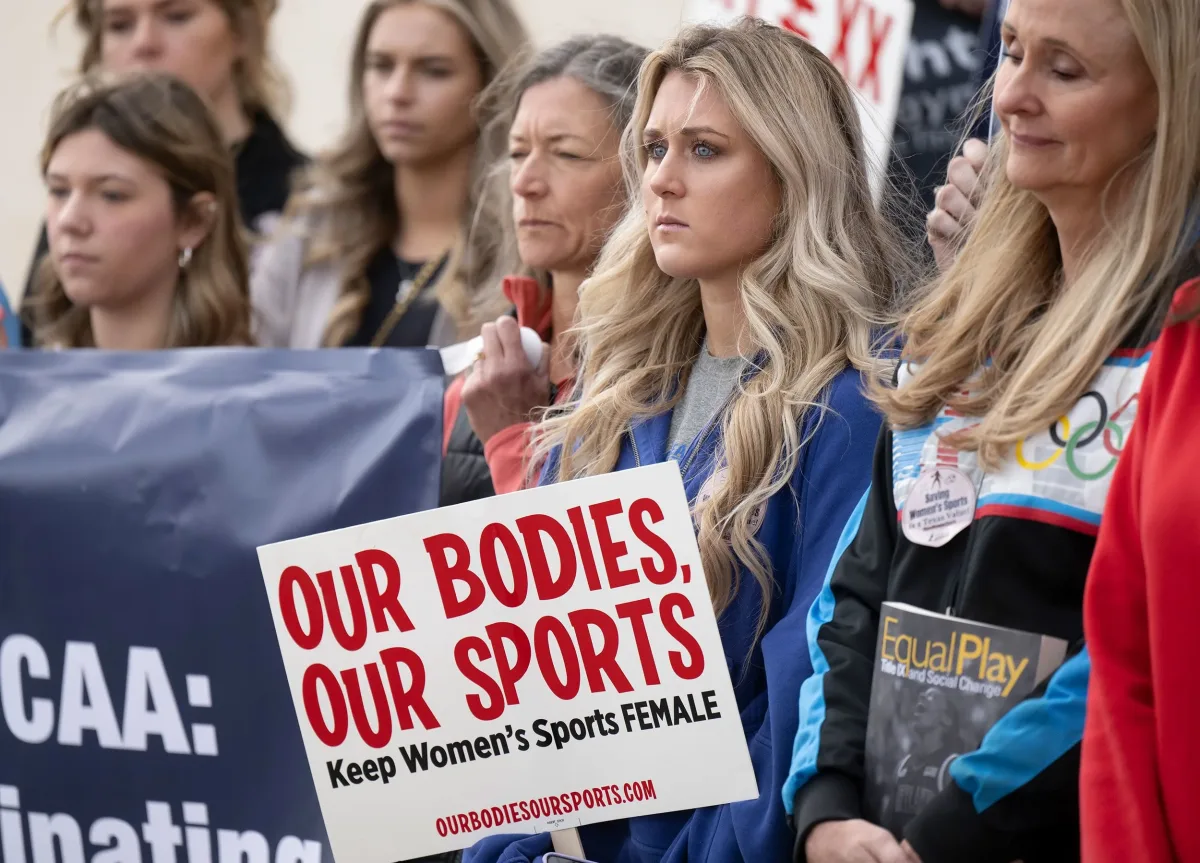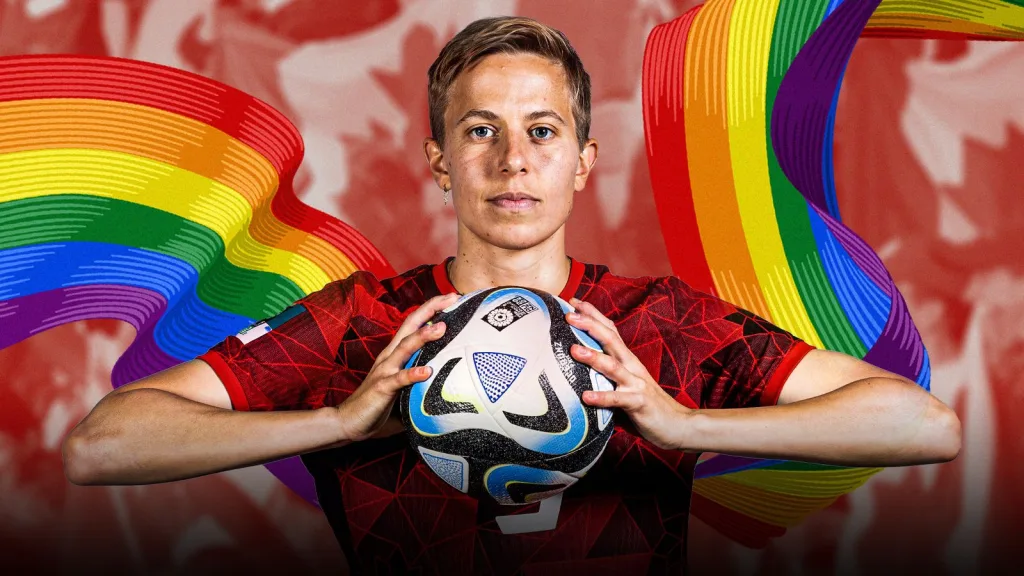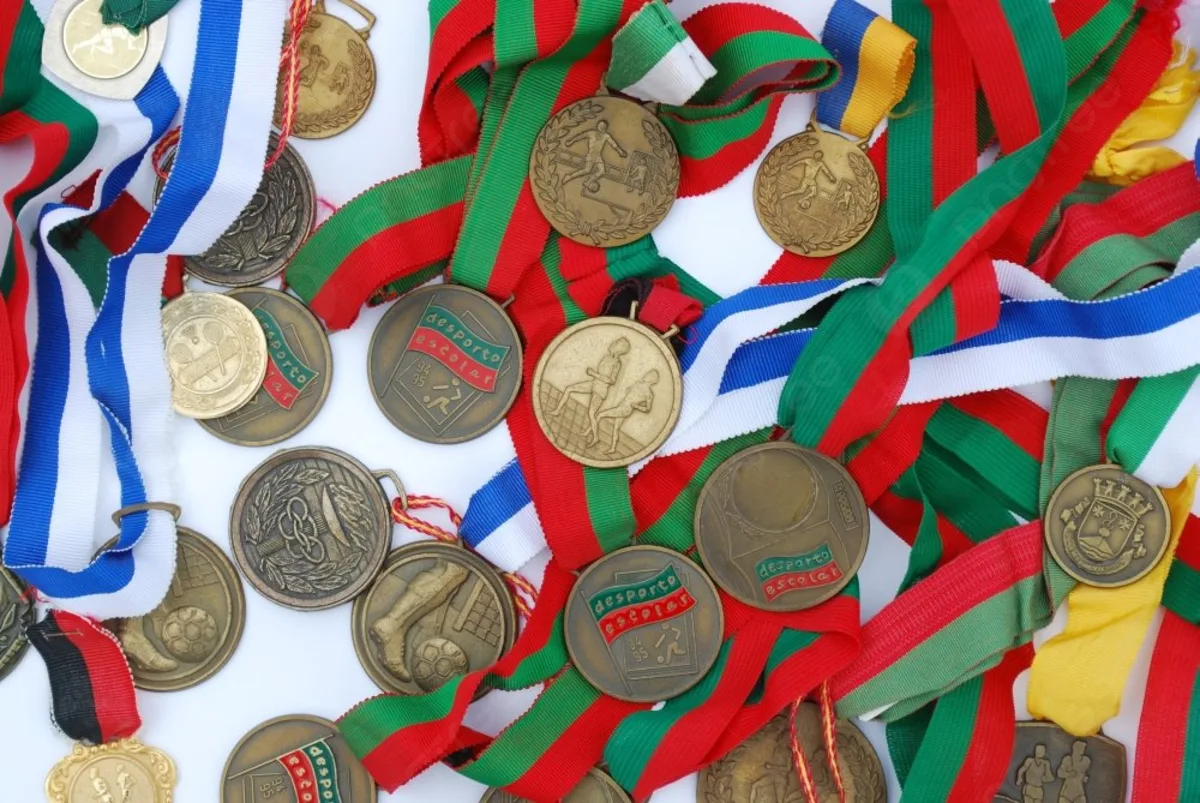By March 30, 2024, Reem Alsalem, the UN Special Rapporteur on Violence against Women and Girls, released a major report that pointed out serious problems in women’s sports. The report showed that more than 600 female athletes lost over 890 medals across 29 different sports. This troubling data highlights the ongoing struggles women face in athletics, including violence and fair competition.
Alsalem shared her discoveries during a United Nations General Assembly session where she stressed the importance of bringing back sex screening for female athletes. She claimed that female categories in sports should allow those who are female. This push for change comes from worries about fairness especially given recent debates.
A heated argument erupted at the 2024 Paris Olympics. Italian boxer Angela Carini dropped out of her match against Algeria’s Imane Khelif after taking a hard hit just 46 seconds into the fight. This event kicked off a big debate about gender and fairness in women’s sports. Khelif and Taiwan’s Lin Yu-ting stood at the heart of this talk, as both had earlier faced bans from taking part in women’s boxing. Even with all the fuss, both athletes ended up winning gold medals in their weight classes.

The report by Alsalem also highlights that female boxers faced opponents with questioned female classifications during the Olympics. The International Olympic Committee (IOC) decided against sex screenings, which sparked major worries about fair play among athletes and other involved parties. Alsalem noted that while sex screening can intrude on privacy, it should have been an option to consider in this specific case.
The report states that the current method to check an athlete’s sex depends on their passport details. If an athlete’s passport lists them as female, they can take part in women’s sports. But Alsalem claims that today’s tech gives us a trustworthy way to screen sex without hurting anyone’s pride. She pointed out a way that uses a quick cheek swab, which doesn’t invade privacy, keeps things secret, and respects the athlete’s honor from start to finish.
The report goes on to say that sometimes, doctors need to do more tests as part of regular health checks. This is true for athletes who might not know about their own body makeup. Often, these cases involve people who were listed as girls when they were born but have boy-like features because of differences in how their bodies grew. Alsalem points out that these situations could give some athletes an edge, which makes fair testing even more important.

Also, Alsalem mentioned a poll that showed most women athletes backed keeping sex tests when they were last done at the 1996 Olympics. This hints that female competitors want to compete on a level playing field.
What’s more, Alsalem found fault with the current method of testosterone suppression in athletes calling it both intrusive and useless. She suggested more welcoming solutions in sports instead of trying to lower testosterone. This might include setting up new open groups for athletes who don’t fit into male or female groups. Another option could be to change male groups into open groups, which could create a more welcoming space for all who compete.

To wrap up, Alsalem’s report highlights urgent concerns about gender and fairness in sports. The impact on over 600 female athletes and disputes like those at the 2024 Paris Olympics make the debate about sex verification and athlete rights more crucial than ever. Alsalem supports sex screenings and looks into more inclusive options to protect female sports’ integrity and create a level playing field for all athletes. This ongoing talk shows the need to keep reviewing sports policies to ensure fairness and inclusion for everyone who competes.



